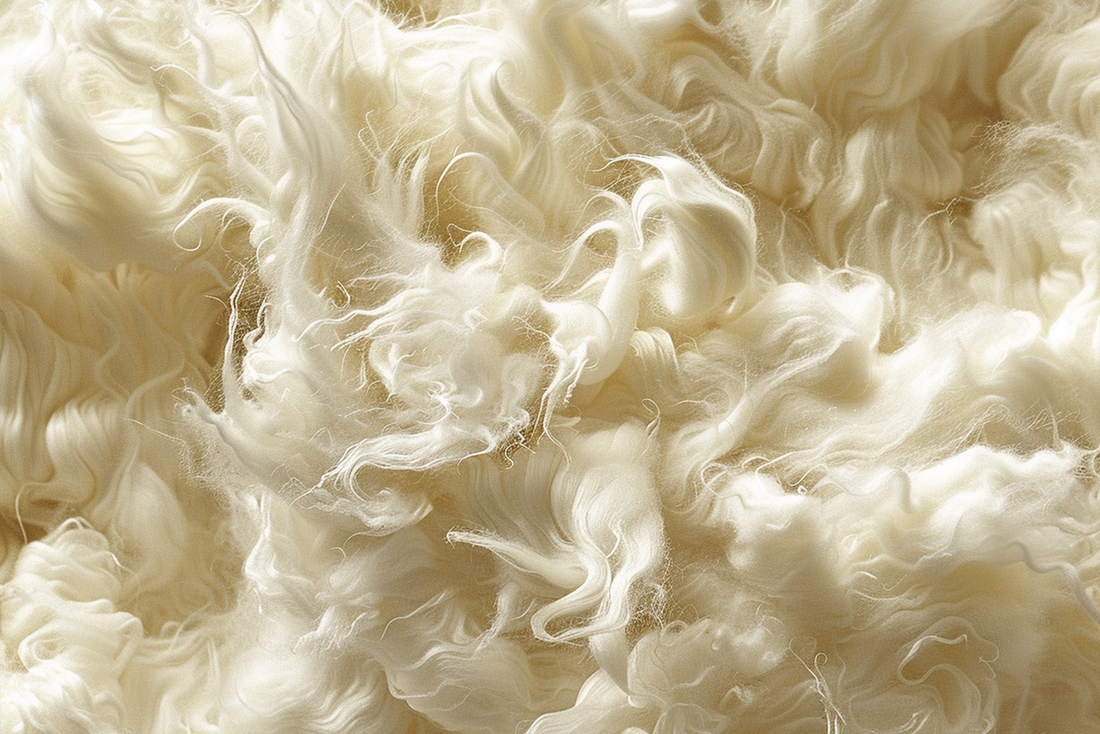
Why Merino Wool is Considered Premium
Share
Why Merino Wool is Considered Premium
When it comes to fabrics that blend luxury, performance, and comfort, Merino wool often tops the list. Unlike regular wool, Merino has carved out a reputation as a premium fabric in both the fashion and activewear industries. But what exactly makes it so special? Let’s dive into the reasons why Merino wool stands out as a superior material.
1. Origin: Raised in Nature’s Finest Conditions
Merino wool comes from Merino sheep, primarily raised in Australia and New Zealand. These sheep are bred in environments with extreme climates — scorching summers and freezing winters. To adapt, they grow fine, soft, and temperature-regulating wool, which is harvested and spun into the fabric we know today. The care, environment, and selective breeding of Merino sheep contribute directly to the wool’s quality.
2. Unmatched Softness and Comfort
Unlike traditional wool, which can feel rough and scratchy, Merino fibers are incredibly fine (about one-third the diameter of human hair). This fineness means Merino wool bends easily against the skin, giving it a luxuriously soft, non-itchy feel. That’s why it’s often compared to cashmere in comfort but with added performance benefits.
3. Natural Temperature Regulation
Merino wool is known as a four-season fiber. Its natural crimp creates insulating air pockets, keeping you warm in cold weather, while its breathability and moisture-wicking abilities keep you cool in the heat. Essentially, it works like a natural thermostat — something synthetic fabrics often struggle to replicate.
4. Superior Moisture-Wicking and Breathability
One of Merino’s premium qualities is its ability to absorb moisture vapor before it turns into sweat. It can absorb up to 30% of its weight in moisture while still feeling dry to the touch. This makes it a go-to choice for athletes, hikers, and travelers who want freshness and comfort all day long.
5. Odor Resistance
Merino fibers naturally resist odor-causing bacteria. Unlike synthetic fabrics that may retain smells after use, Merino can be worn multiple times without washing and still stay fresh. This is especially valuable for people who travel light or engage in outdoor adventures.
6. Lightweight but Durable
Despite its softness, Merino is surprisingly strong. Its natural elasticity prevents sagging, and the fiber’s structure makes it resilient to wear and tear. Merino clothing often lasts longer, maintaining its shape and luxurious feel — a key reason it’s considered worth the investment.
7. Eco-Friendly and Sustainable
Merino wool is biodegradable, renewable, and natural. Each year, sheep produce new fleece, and when disposed of, Merino decomposes in the soil, releasing nutrients back into nature. For environmentally conscious consumers, this makes it a sustainable alternative to synthetic fabrics.
8. Versatility in Fashion and Function
From high-performance activewear to luxury knitwear, Merino wool has found its place across industries. It can be woven into ultra-light summer tees, insulating winter layers, or even fine tailored suits — showcasing its adaptability and wide appeal.
Final Thoughts
Merino wool’s reputation as a premium fabric comes from its unique blend of comfort, performance, and sustainability. Its fine fibers, natural breathability, odor resistance, and durability make it a smart investment for anyone seeking both luxury and practicality. Whether you’re dressing for the boardroom, the mountains, or everyday life, Merino wool delivers unmatched value that justifies its premium status.
